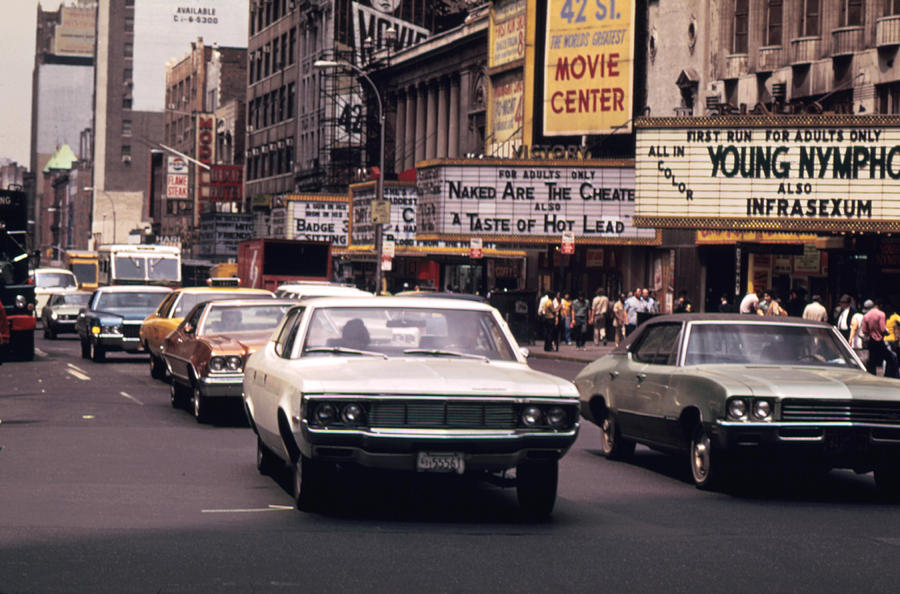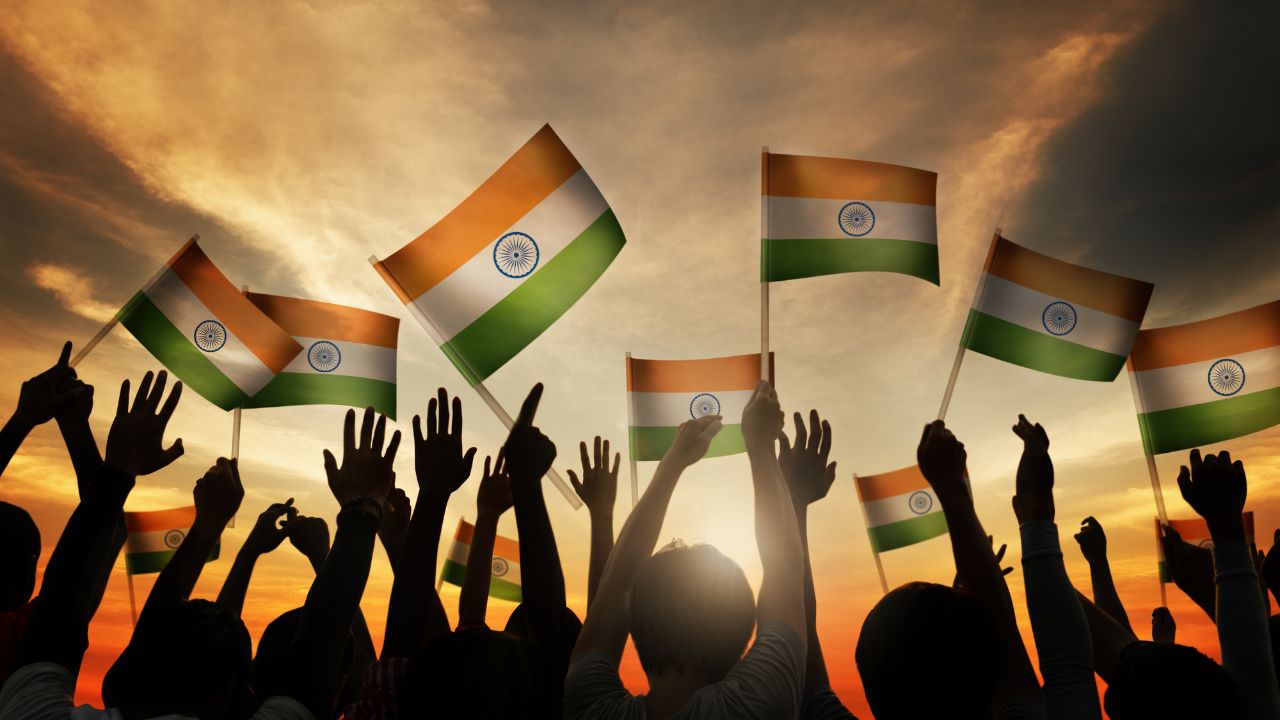
My Cart
 All Category
All Category

No two individuals are the same. The thought process of an individual is something that arises from a combination of nature, nurture and individuality and is one of his most intimate and personal possessions. So personal is one’s thought process that mostly, one doesn’t even want to dissect and analyse it, even to oneself.
The beauty of an individual’s thought process is that it is a combination of a continuous stream of observation, inference, analysis and synthesis that can be interrupted by sudden, discrete, non-linear jumps when a seemingly casual or inconsequential event can trigger a new stream of thought that takes him to domains which even he might not have imagined or conceived in the continuous stream in which he had been swimming till then.
A thought stream is thus a fascinating reflection of an individual’s life, and the longer a life, and if the individual is sensitive enough to people, events and happenings around him, the more interesting and absorbing it becomes. I do not believe people who say they have never changed over the course of a long life. A life without change is equivalent to death. It was René Descartes who said, “I think, therefore I am.” If one reverses this dictum, one could say that because I am, I think. Continuing along this line of thought, since one’s life is always changing, one’s thinking is always changing. Living and thinking are essentially the same. When one stops, so does the other.
Coming now to myself with respect to nature, nurture and individuality and the manner in which these three components of my life might have affected my thought process and thought stream, I was born into a reasonably well-off upper middle-class South Indian Brahmin family in the early 1950s. These were the heady early days of independence, and there was an underlying feeling in families like mine, which had not seen financial want for a few generations, that life would go on comfortably enough as it had before independence but with the added assurance that because we were now a free country, many obstacles and obstructions to professional and personal growth which might have been a problem in the colonial era had gone away. This kind of comforting attitude was what surrounded and literally enveloped me in the first twenty years of my life in Chennai and Mumbai, both giant metros. By the early 1970s, when I was transiting into adulthood, I had the distinct feeling that everyone in the world was exactly like me; in short, my early thinking would have led me to be mildly Anglophilic and mildly liberal, with moderate expectations of the world at large and with very little commitment as to what to do for others. Above all, I had no knowledge of the utter and abject poverty of this vast country, India, in which I had grown up.
It was at this stage that I went to the US for my higher studies, specifically to obtain a PhD in chemistry at one of the top Midwestern universities there. The 1970s saw the US at the height of its economic, military and geopolitical power. Nothing had prepared me for the raw wealth of the country that hit me in the face. Seeing the skylines of Manhattan and the Chicago Loop was enough—unless the people of a country were enormously hard-working, focused, resourceful, committed and inventive in spirit, they could not have come up with something like this. After my PhD, I secured a very handsome job placement in a top chemical company in the northeastern part of the US. Seemingly, my life was getting channelled into a comfortable path and one that was totally in sync with my early comfortable upbringing in India.

And yet, this is where the first break in my thought stream occurred—unlike my Indian friends, all co-students in my PhD days, I started wondering what I, as a foreigner from a very poor country, was doing in this extraordinarily rich country. Did I have any right to the fruits of someone else’s labours? Did I not owe India something? A massive cyclone in 1977 in my ancestral hometown in coastal Andhra Pradesh, which I had never visited, only magnified my feelings of inadequacy
Abruptly, I packed my bags, surrendered my US immigrant visa (green card) and returned to India in 1978 without a job in hand. I did indeed land a job after a year in a young university with no reputation to begin with and started to develop my professional career. I had little time to think about anything other than my work and the immediate needs of my small nuclear family. The thought process, if any, was quiescent for around 15 years until the time came when I was sufficiently established as a teacher-cum-researcher to start “thinking” again. Thinking needs quality time. Ideally it is most effective when one is “alone”, and the 1990s afforded me such an opportunity because my university campus was distinctly “rural” in its physical appearance, all 2000 acres of it. Good thinking is possible when one is walking alone, and I used to walk a lot on the open campus.
This signalled the second discontinuity in my thought stream. The 1990s were politically tempestuous in India and were paralleled in the scientific system of the country, where gatekeepers, landlords and serfs, to use the terminology of supply chain literature, literally ruled the roost. I protested inwardly—I have always been a questioner—about the unfairness of it all, and I did the only natural thing an academic does—he writes about his concerns and anxieties and then starts speaking about them in public.
My thought process was moving as I started shifting my attention from problems and crises as I saw them in the Indian scientific system and, in general, I suppose, in the country at large. My writings and talks became bolder, and I wrote some major articles in the anxious years between 2004 and 2014, as I was sure beyond all doubt that India was on the path of self-willed asymptotic decay where morality and ethics, cornerstones of Indian life during my childhood and teenage years, were rapidly getting replaced by greed, avarice, dishonesty and the utter lack of principled behaviour.
Around this time, I also started becoming aware of a new entity called Bhārat, the existence of which I had not thought about earlier. A burst of idealism brought about by the 2014 Lok Sabha election result had in fact turned a realist into an optimist. Would this new government see to it that our economic woes would come to an end through their new device of “Bhāratiyatā”, “Hindu rashtra” and “Hindutva” or whatever one could call it?

My thought process from then on has moved in a smooth progression as it also moved from science to politics. There have been no further discontinuities. Today in late 2025 I am altogether sure that “Bhārat” is the reality of my beloved country and that its achievement has very little to do with the good, bad and indifferent actions of any government in Delhi or in the state. “Bhārat” is an idea whose time has come, and no power or political party can stop it.
I am happy that at 73, I have lived long enough for my thought process to develop organically and smoothly and that I was open enough to accept the disruptions in my thinking to translate them to changes in my reactions and actions.
It is to communicate some of these thoughts as they got reflected in short pieces that I have been writing over the past 30 years that I decided to write “India. Science, Politics, Geostrategies: A 30-Year Thought Journey” and I am happy that Garuda Prakashan has joined in this journey with me.
Gautam R. Desiraju
Comments (0)